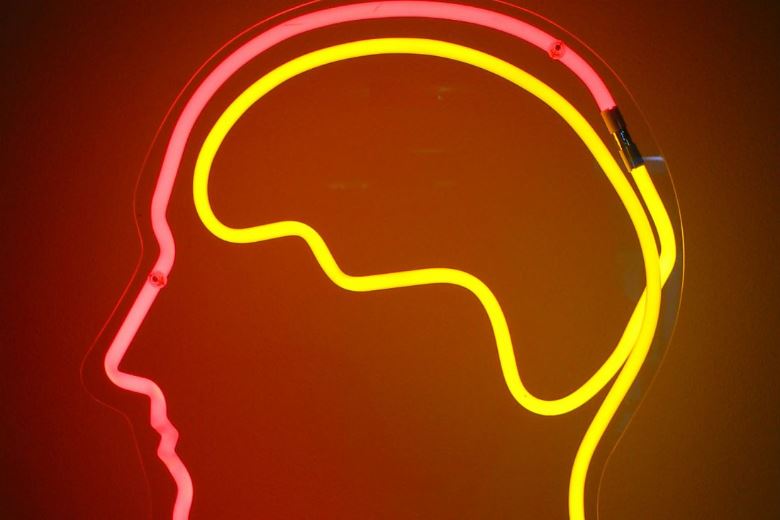
It seems that this damned placebo effect is getting in the way of developing and authorising new psychiatric drugs. It creates a ‘therapeutic bias'(!) and so the experimenters are experimenting with ways of controlling for it in trials, for example ‘SPCD, sequential parallel comparison design’. These are proving to be not (yet) up to the task, sufficient to be acceptable by bodies such as the RDA. The following is from The Placebo Effect Is Hobbling New Psychiatric Drugs
“The FDA’s rejection cast doubt upon the design, still in use in more than a dozen trials, as a weapon against the placebo effect.
That’s big news because the effect, also called the placebo response, has been growing stronger over the years in clinical studies that randomly assign patients to either an active drug or placebo. When the effect is high, it’s hard to know if a drug just isn’t good enough, if there are errors in the data, or if the participants taking the placebo—an inert pill meant to make them believe they’re getting the real thing—fared unusually well because of their expectations.
It’s a testament to the power of our minds to improve our health, at least temporarily. Many factors boost placebo response. “Most people, whether they know it or not, are biased to believe that they will receive the active drug even if they are told that they have a 50 percent chance of getting placebo, and this ‘therapeutic bias’ increases the placebo response,” says John Krystal, the chair of the psychiatric department at the Yale School of Medicine in New Haven, CT.”

